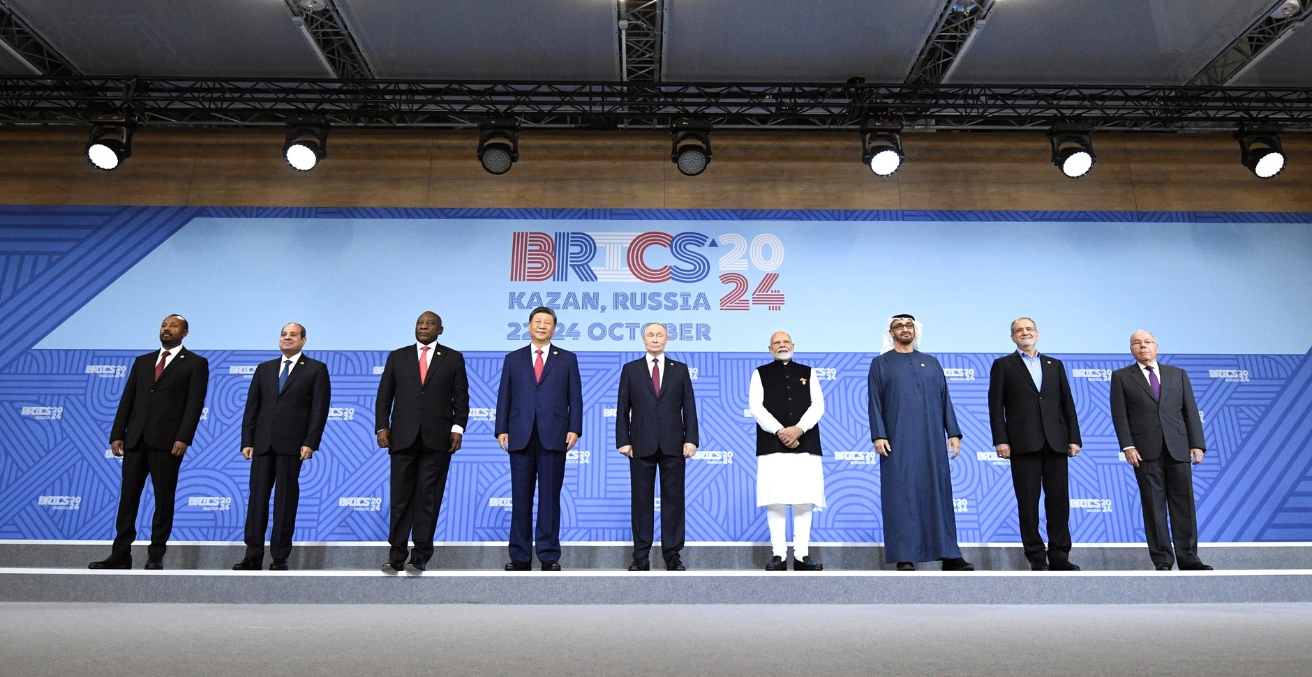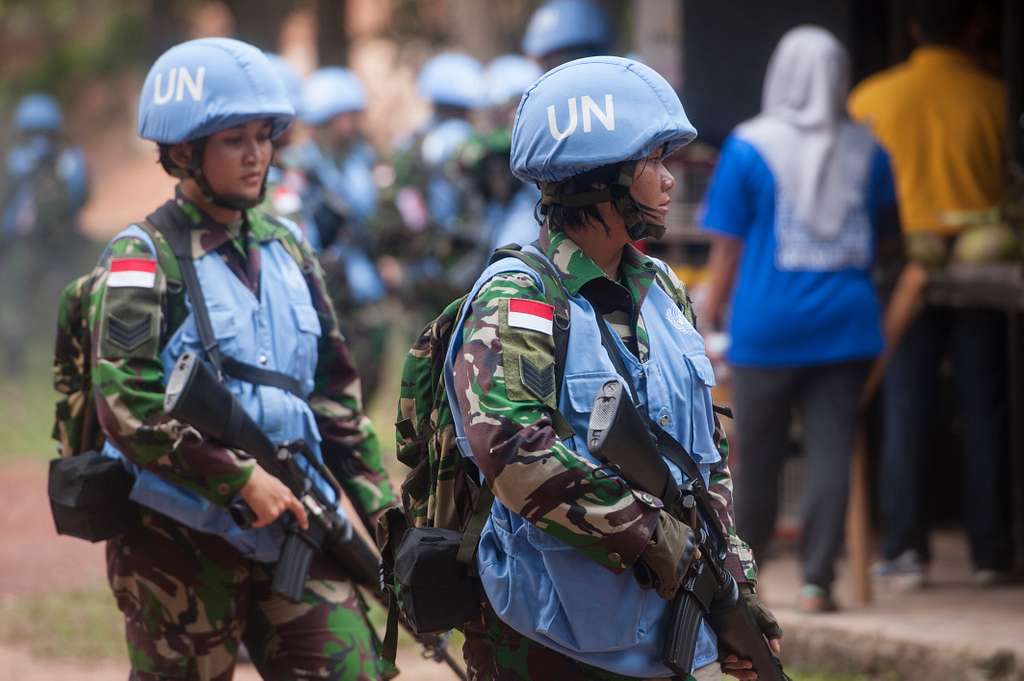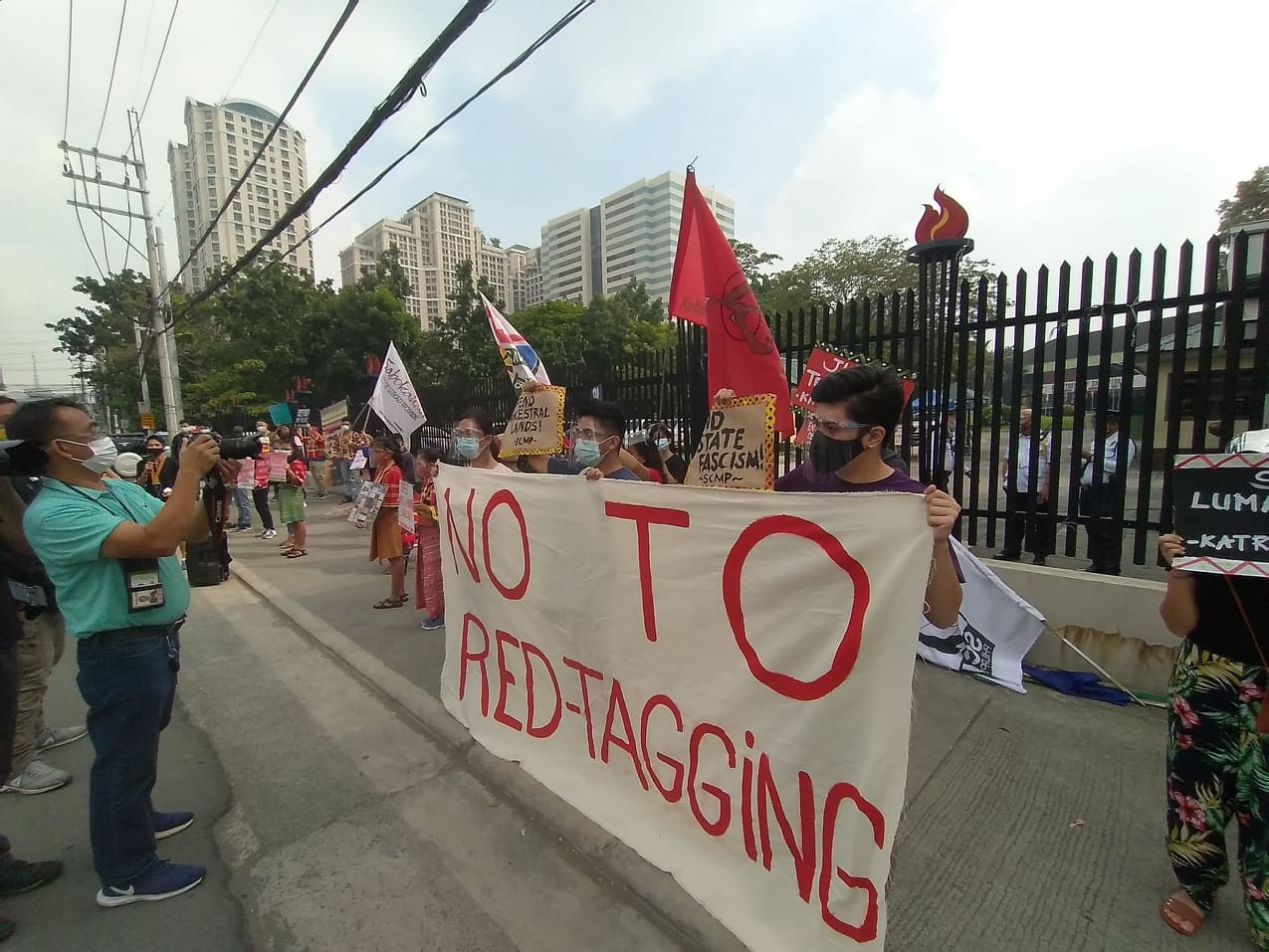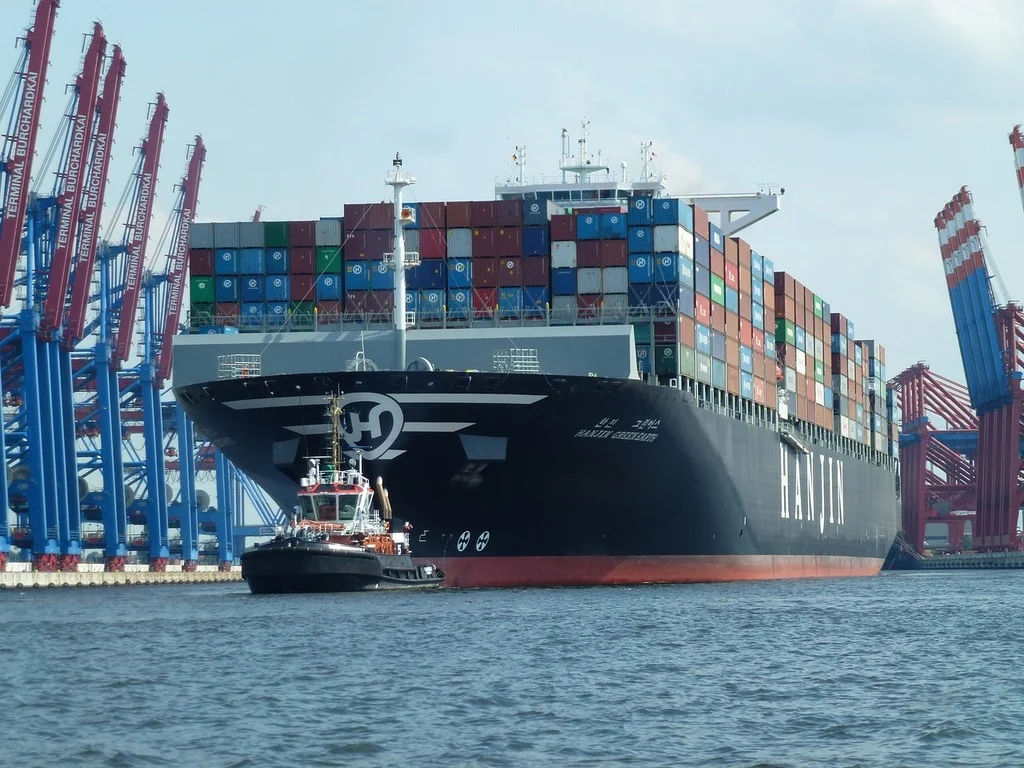Indonesia’s accession to BRICS in February 2025 marks one of the most significant shifts in its foreign policy trajectory since the Cold War. For President Prabowo Subianto, it is more than a diplomatic milestone—it is a platform to expand Jakarta’s room for manoeuvre in an increasingly multipolar world.
Among the new opportunities that BRICS presents, the deepening of ties with Russia stands out as a notable development. Moscow is not just another member of the bloc; it is a state with a long and complex history of engagement with Indonesia, a country whose political narratives and cultural symbols have resonated here for decades. But as our research on Russia’s pre-war soft power in Indonesia suggests, that resonance is both promising and constrained, shaped as much by history and perception as by hard interests.
In our previous study we surveyed 650 International Relations and Russian Studies students in Indonesia to better understand the sources and limits of Russia’s attractiveness. The results were telling. Russia’s image was buoyed by two enduring factors: cultural familiarity built over decades through language programs, academic exchanges and artistic collaborations; and the perception of Russia as a great power capable of balancing a world still seen, by many, through the lens of US–Russia rivalry. Vladimir Putin’s strongman persona loomed large in this imagery—less as a policy architect than as a symbol of resilience and defiance against Western dominance.
Yet this admiration had its limits. While respondents valued Russia’s place in a multipolar system, most preferred it to adopt a neutral foreign policy, mirroring Indonesia’s bebas-aktif tradition whereby the state upholds autonomy in determining its international stance, while proactively engaging in diplomatic efforts to promote global peace, stability, and cooperation. This distinction matters. It means that while Russia enjoyed symbolic goodwill, it did not automatically command political alignment from Indonesian audiences. Soft power was working in the realm of perception, but its influence over policy preferences was more tenuous.
Fast forward to 2025, and the global context is far more turbulent. The war in Ukraine has sharply divided international opinion on Russia, with much of the West isolating Moscow through sanctions and diplomatic censure. In this environment, Indonesia’s decision to join BRICS provides a different kind of cover for engagement. Within the bloc, deepening ties with Russia can be framed not as an ideological shift but as part of a broader effort to diversify partnerships, build resilience, and assert independence from Western-centric institutions.
Prabowo’s early moves suggest he understands this nuance. His outreach to Putin—through high-level communication, defence dialogues, and expressions of interest in expanding economic cooperation—has been careful, pragmatic, and couched in the language of mutual respect. These gestures tap into the very imagery that our earlier research identified: Russia as a strategic partner, not a patron; an equal in a multipolar community, not a hegemon demanding loyalty.
The BRICS platform makes such engagement easier. It offers formal avenues for collaboration in areas that resonate with both countries—trade in energy and agricultural products, cooperation in technology and infrastructure, and cultural exchanges that revive the less politicised aspects of the relationship. These are also the spaces where Russian soft power in Indonesia has historically been strongest. In our 2018 study, cultural diplomacy ranked alongside political symbolism as a key source of Russia’s appeal, and it is in these softer domains that Prabowo can strengthen ties without provoking undue friction with other partners.
But there are constraints that cannot be ignored. Russia is not a major trade partner for Indonesia, and without tangible economic gains, the symbolic warmth of bilateral relations may struggle to sustain momentum. The Ukraine conflict continues to complicate optics—Jakarta has avoided direct condemnation of Moscow beyond UN resolutions affirming Ukraine’s sovereignty, but any visible alignment on military matters could draw criticism from Western allies. While the Putin image still carries weight, the passage of time and the shifting media landscape mean that public perceptions today may differ from the ones captured in our pre-war study.
Prabowo’s challenge, then, is to translate symbolic affinity into substantive gains. That means using the BRICS framework not as a bloc of ideological alignment, but as a diplomatic amplifier. It means finding the intersections where Indonesia’s development needs match Russia’s capabilities—whether in food security, energy transition, or technology transfer—while steering clear of the areas most likely to invite geopolitical backlash.
There is a certain historical symmetry here. Indonesia’s entry into BRICS evokes echoes of Bandung in 1955, when the country first positioned itself as a voice for the Global South and a bridge between competing blocs. Back then, as now, the goal was not to choose sides but to expand strategic options. The Russia–Indonesia relationship under Prabowo will test whether that principle still holds. If managed with care, BRICS could provide the scaffolding for a partnership that is pragmatic, resilient, and mutually beneficial—rooted in shared interests and sustained by the soft power legacies of the past.
On the other hand, if the relationship leans too far into the theatre of great power politics—heavy on symbolism, light on substance—it risks becoming a photo-op alliance, attractive in headlines but thin in strategic weight. In the multipolar era, image matters, but outcomes matter more. Prabowo has inherited a reservoir of goodwill toward Russia; whether he can turn it into lasting value for Indonesia will depend on how deftly he navigates the currents of both BRICS diplomacy and Indonesia’s enduring non-aligned identity.
Reynaldo de Archellie is an Assistant Professor in Russian Studies and a PhD candidate in history in the Faculty of Humanities, Universitas Indonesia. His current research encompasses the diplomatic history of Indonesia-Russia bilateral relations, nationalist elements in Russian history, and Russian soft power in the East Asia region. He has been involved in research on Chinese communities in Indonesia over the last 5 years and on Indonesia’s local leadership over the last 3 years.
Chysanti Arumsari is a lecturer in English language subjects in Universitas Indonesia, with a current teaching focus on English for tourism. She holds MAs in Women’s and Gender Studies from the University of Hull, UK, and in Arts and Culture from Utrecht University, the Netherlands. Her research experience spans science, technology, and society studies; Chinese-Indonesian studies—particularly the Cap Go Meh celebration and community dynamics across Indonesia; as well as the latest on soft power, Russia, and China’s Belt and Road Initiative. In addition to her academic work, she has extensive professional experience in public relations and international engagement at Universitas Indonesia.
This article is published under a Creative Commons License and may be republished with attribution.





